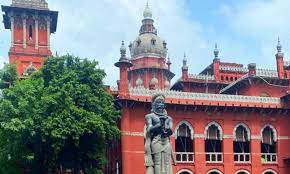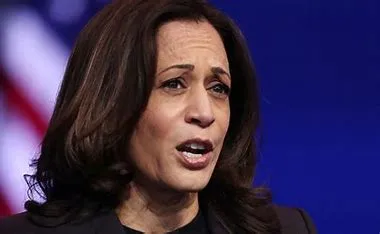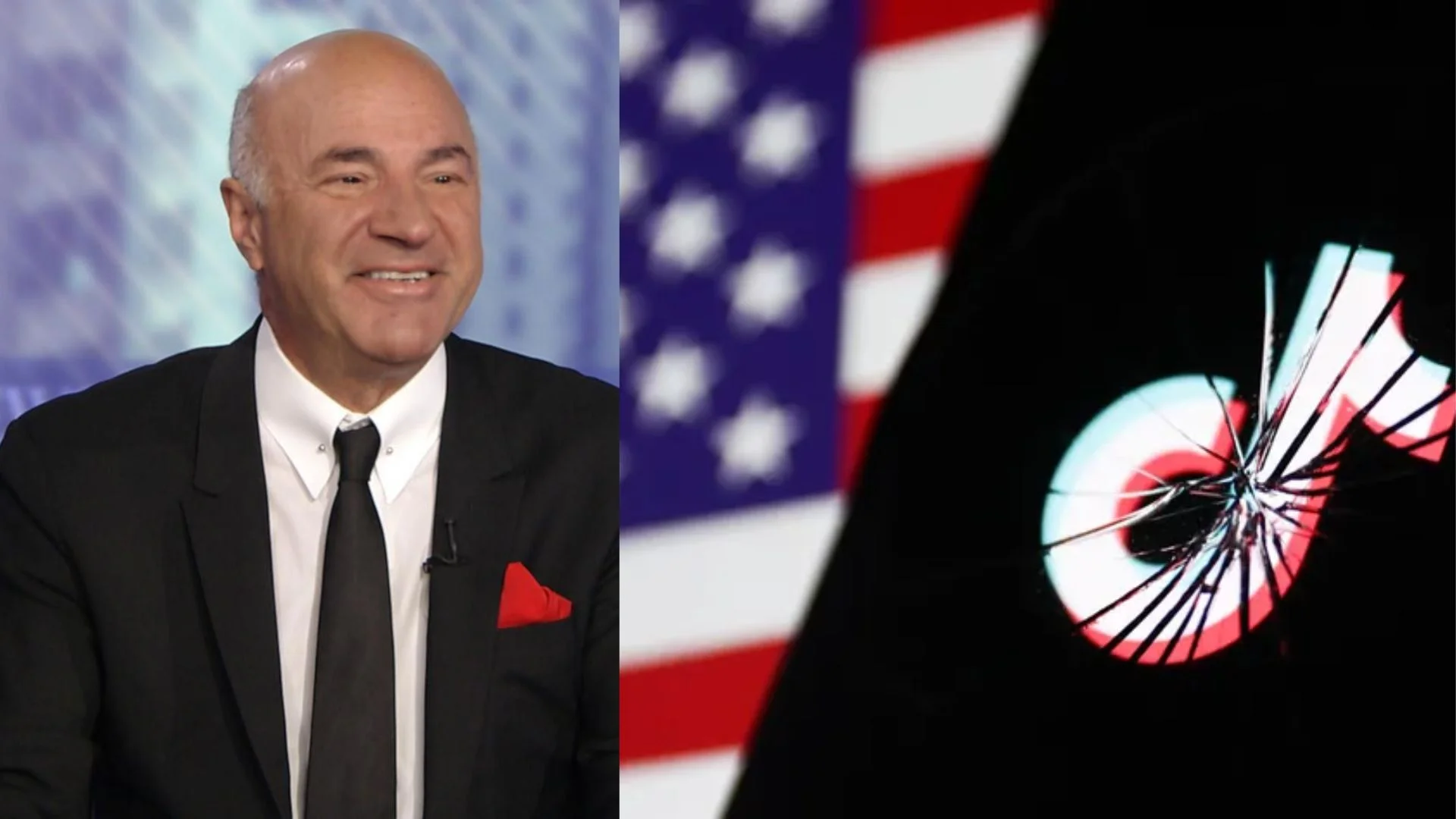The Allahabad High Court in the case Shweta Punj vs. Union of India and 4 others observed and has held that Section 116 and Section 117 of the Income Tax Act, 1961 empower the Central Government for appointing the commissioner of Income-Tax (Appeals) and that the same pay scale would make the provisions of appointment under other statues applicable to the appointment of authorities under the Act of 1961.
The bench comprising of Justice Ashwani Kumar Mishra and Justice Syed Aftab Husain Rizvi in the case observed and has stated that the Act of 1961 is a self-contained code which clearly vests jurisdiction with the Central Government to appoint such persons as it thinks fit to be income tax authorities as are specified in Section 116 of the Act. However, the income tax authorities clearly includes that the commissioner of Income-tax (Appeals) and, therefore, the Central Government would have the jurisdiction to appoint an officer as Commissioner of Income-tax (Appeals). The officials who belongs to the cadre of Indian Revenue Services have been appointed as Commissioner of Income-tax (Appeal).
The petitioner in the plea challenged that the assessment order on the ground that no Commissioners of Income-tax (Appeals) have been appointed in terms of Section 116 and 117 of the Income Tax Act, 1961, inasmuch as the Act of 1961 contemplates creation of a separate cadre for Commissioners of Income-Tax (Appeals), which needs to be so far not been constituted or created and therefore, that the appointment of the Commissioner of Income-Tax (Appeals) is not in accordance with law.
The court placed Reliance on certain circulars of DOPT i.e., the Department of Personnel and Training and that the decision taken by the Supreme Court in the case Union of India & Ors. vs. N.P. Dhamania & Ors, wherein it has been contended that the post of Commissioner of Income-tax (Appeals) is equivalent to the post of Joint Secretary to the Government of India. Since the Appointment Committee of the Cabinet, the competent authority to appoint a Commissioner of Income-tax (Appeals), thus, did not approve such appointment made by the Central Government is without an authority.
The court in the case observed and has held that the Act of 1961 does not contain any provision which requires that appointment of Commissioner of Income-Tax (Appeals) be made in a similar manner as the appointment of Joint Secretary to the Government of India. Thus, the two of the post are separate and distinct and the provisions which are applicable for appointing Joint Secretary to the Government of India will not be applicable to the appointment of a Commissioner of Income-Tax (Appeals) merely because they are on the same pay scale.
The court in the case observed and has stated that the arguments which are raised were academic in nature and the right of appeal of the petitioner was not being affected in any manner.
Accordingly, the court dismissed the plea.
The counsel, Advocate, Shashi Dhar Shukla, S.K. Srivastava appeared foe the petitioner.
The counsel, Advocate, Gaurav Mahajan, N.C. Gupta represented the respondent.

















